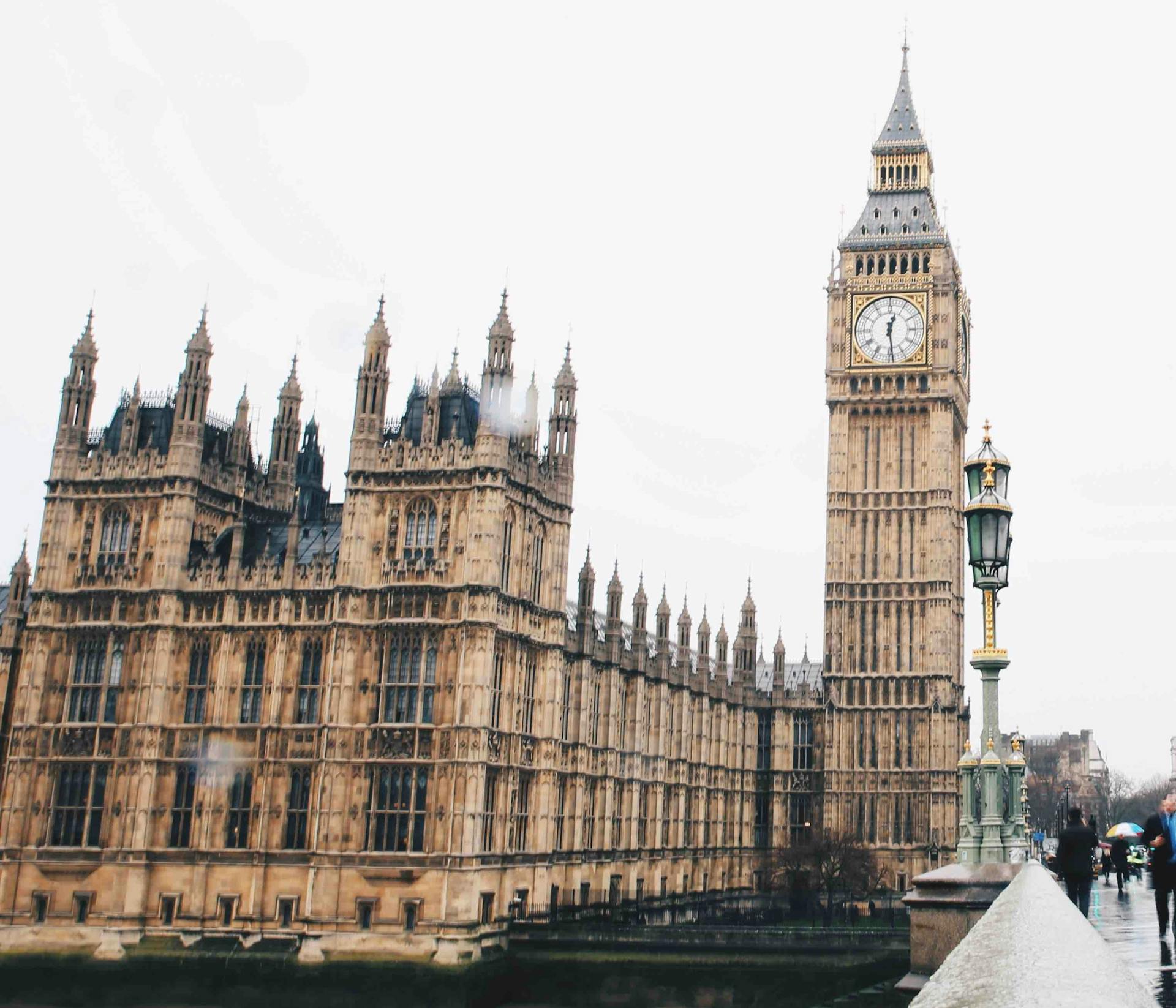Boris Johnson as PM - What Does This Mean For Mental Health?
updated on Oct 10, 2019

As Boris Johnson is announced as the UK’s new Prime Minister, Happiful questions what this will mean for mental health moving forwards?
After a divisive leadership campaign with Brexit at its core, Boris Johnson has now been announced as the Prime Minister of the UK. While the coming days will be spent determining who will defect, remain and serve in his cabinet, the government’s mid-term focus remains upon how, and with what deal the UK will leave the EU on 31 October.
However, over the past few months, there have been many questions asked about what Boris Johnson’s premiership could mean for the nation’s mental health. This is both in terms of the shadow his behaviour as the nation’s leader casts across the country - think the Trump-impact - and his willingness to prioritise mental health care, and understand the wide-spectrum of needs in a country where at least one in four people experience, or live with, mental illness.
Boris Johnson on Mental Health
In a recent article, written for the Telegraph, Johnson cited his hero (and the subject of one of his many books) Winston Churchill, as having ‘chased away’ the black dog of depression through work.
Johnson wrote; “It is work that sometimes stresses us out, and work that causes anxiety; but it is also work that can absorb us and take us out of ourselves until the clouds have gone. If work is the cause, it is also part of the cure,” ending this statement with the assertion that people need to be able to stay in their roles, while receiving psychological support.
The implication of this suggestion, to ‘work through it’, is problematic and perhaps more relevant to a Churchillian war-time era
The implication of this suggestion, to ‘work through it’, is problematic and perhaps more relevant to a Churchillian war-time era where a ‘stiff upper lip’ culture, since proven to be detrimental to the mental health of generations, was prized.
The article culminates in Johnson’s offering, preferential tax treatment to companies that look after their employees in work. Mental illness, as Johnson claims, is responsible for 57% of all the working days lost to ill health in this country and therefore a block in the nation’s productivity, and this can be addressed by this change to tax laws. He concludes; “We can chase away those Black Dogs, boost the economy and save money, all at once.”
Boris Johnson will become our prime minister today I hope he sorts out this brexit mess and puts finding into education and the nhs among many other things! But more importantly I demand him to make mental health first aid compulsory in every work place #BorisDay #MentalHealth
— Liam A (@purementalaid) July 23, 2019
While any efforts to normalise mental illness in the workplace should be applauded, Johnson’s one-size-fits-all approach fails to address a plethora of wider issues and mental health conditions. It simplifies the issues around working with mental illness (excluding the need for a broader understanding of mental health in the workplace, something that Natasha Devon’s Where’s Your Head At? campaign is seeking to address), the wide and complex nature of mental health conditions beyond depression, and the fact that not all people who work, do so in the traditional city-based roles he envisages.
How does this, for example, work for those on zero-hour contracts, who are full-time carers, or who work in high-turn-around or seasonal industries such as catering and tourism, where extensive HR and care packages may not be of the deal?
The oversimplification of mental health and the implications of Johnson’s view, and the impact it has on those who sit outside what he perceives mental illness to be, was addressed by the public, as well as mental health activists and advocates.
So Boris Johnson is setting himself up as a mental health expert now, is he? Sure, some depressives experience manic phases when they can be tremendously productive. Others do not, and can be tipped into anxiety by a phone ringing or a letter dropping through the letterbox.
— John Riley (@stairforce) July 22, 2019
Thanks @BorisJohnson but you’re wrong. Whilst occupation is undoubtedly beneficial for mental health, simply ‘working harder’ is not the answer to reducing distress. Indeed, a bad job can be worse for a persons wellbeing than being unemployed #occupationaltherapy #mentalhealth
— Kat Powell (@tibblepowell) July 21, 2019
Hopes for the future
It is hoped that Johnson’s proposal and positioning on mental health is simply a snapshot at this point, and that a more nuanced and effective stance will come to the fore from his new cabinet.
Mental health charities, including Mental Health Foundation are now actively seeking to engage and extend the conversation to ensure this is the case.
.@BorisJohnson we would really like to hear your thoughts on the Mental Health Policy Group’s Mental Health Manifesto. Good mental health is important for all of us: https://t.co/speEbv2hZX
— Mental Health Fdn (@mentalhealth) July 17, 2019
Boris Johnson’s attitude as portrayed here to mental health, suggests that work is at the centre of well being and self esteem ,We need to start with self at the hub and build health from there , understanding the many factors that influence it . https://t.co/NbsIfdXAE8
— Maeve Hurley (@HurleyMaeve) July 17, 2019
Meaningful activity is good for mental health, as this photo from my #mentalhealth first aid book shows, but you know what else is good? Rest and reflection, nutrition, physical activity. And stress makes it worse. “Working harder” is not the answer.#BorisJohnson @MHFAEngland pic.twitter.com/kA85Ojfs88
— Lauren Wilson (@arbor15193) July 17, 2019
We hope that the new PM takes the time to consider mental health and the whole spectrum of issues and needs.
To find mental health support near you, visit Counselling Directory or use the search box below.

